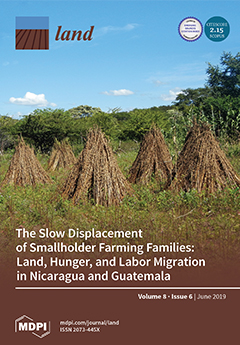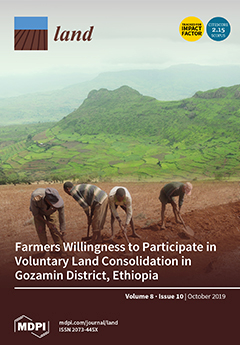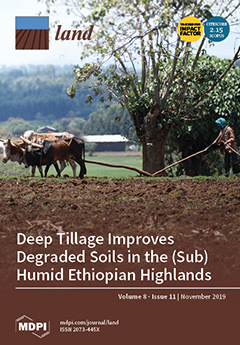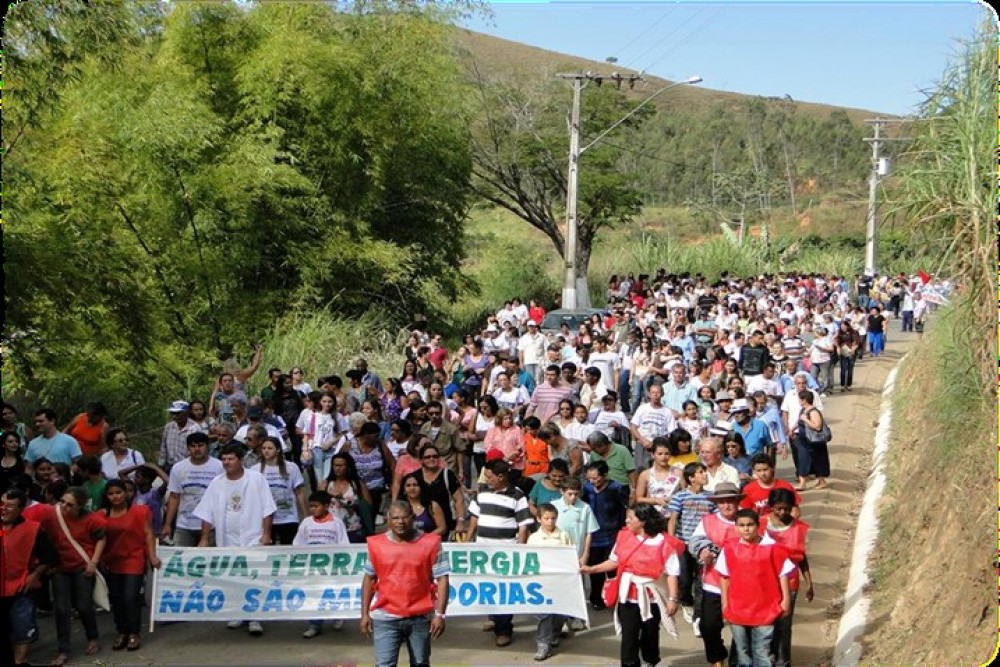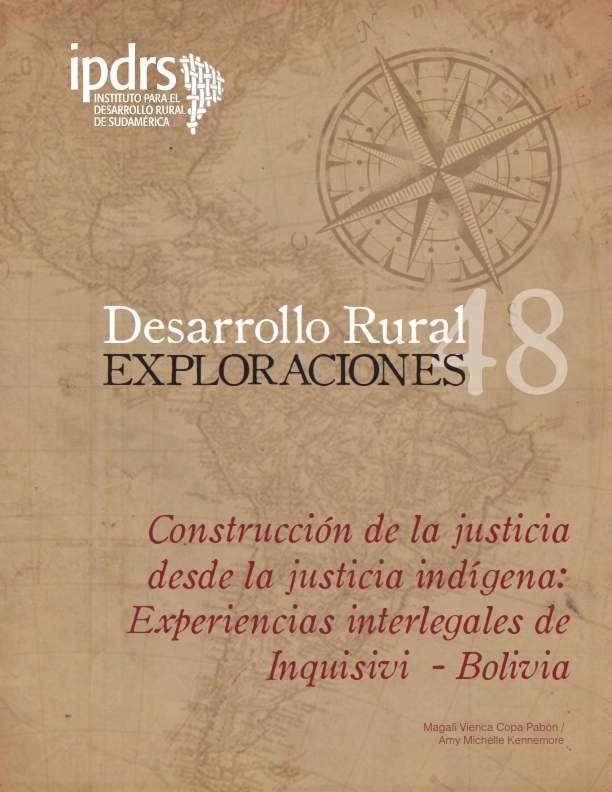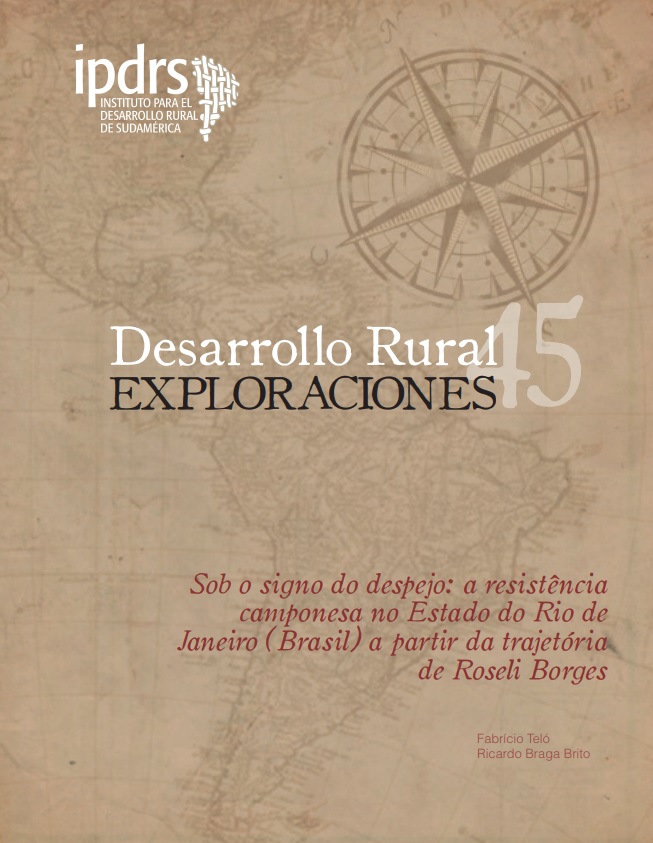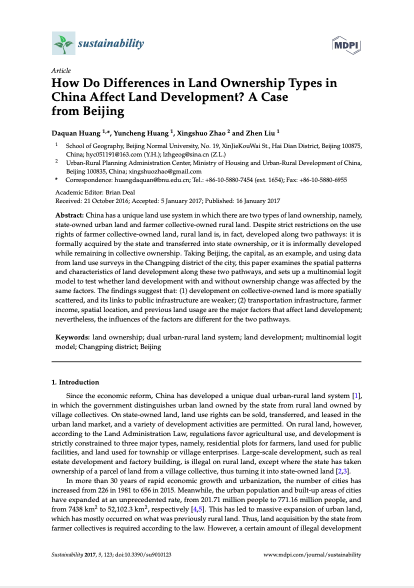Report on Regional Expert Consultation on the impact of technology on rural development Africa, ECA : Addis Ababa, 4 to 8 August 1986
The basic cause of needless poverty and hunger in the rural Africa to-day is the stagnation of its main economic base - agriculture. It has settled down to a low level of equilibrium of income, saving and investment over time. Hence, most of the rural people of the region is caught in a vicious circle of a poverty trap. They are below the "absolute poverty line". The country studies show all of them are food-deficit.




